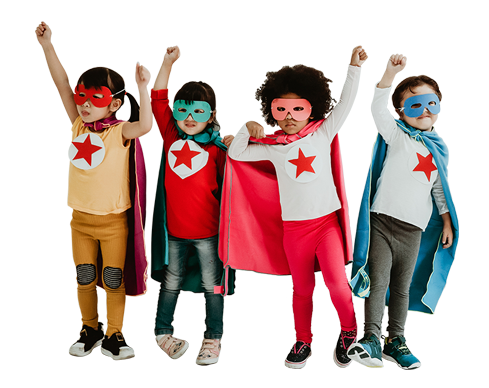

"The best education is not given to students; it is drawn out of them." - Gerald Belcher
Get Started Today


By integrating the globally recognised national curriculum of England with Cambridge Assessment International Education (CAIE), we bring you Khartoum Gems International school.
The school is strategically positioned to provide the best access to students and families across Khartoum, Omdurman and Bahry. The school caters for students from Kindergarten (Early years) to Year 11. Dedicated and passionate teachers deliver education of the highest standard and the school offers a broad range of enrichment activities.
Learn MoreOur school curriculum combines the Cambridge (CAIE) and National curriculum of England, incorporating the English curriculum in the EYFS. For Primary and lower secondary levels, we follow the Cambridge framework, teaching subjects such as English first language, Science, Mathematics, Computing, and Global perspectives.
The Early Years Foundation Stage (EYFS) is an educational framework in England that provides guidance and sets standards for the development, learning, and care of children from birth to five years old. The EYFS curriculum aims to provide a solid foundation for children's future learning and development. Here's an overview of the EYFS curriculum:

Cambridge IGCSE (International General Certificate of Secondary Education) is a globally recognized qualification designed for students aged 14 to 16. It is typically offered as a two-year program and serves as a foundation for further education, including A-levels, IB Diploma, or vocational studies. Here's an overview of the Cambridge IGCSE program:

History (KS1): Key Stage 1 History introduces young students to the concept of the past and helps them develop a sense of chronology. The curriculum often covers topics such as:

STEAM stands for Science, Technology, Engineering, Arts, and Mathematics. It is an educational approach that integrates these disciplines to provide students with a holistic and interdisciplinary learning experience. STEAM education aims to foster creativity, critical thinking, problem-solving, collaboration, and innovation skills among students.

E-learning, short for electronic learning, refers to the use of digital technology and the internet to facilitate learning and education. It involves the delivery of educational content, resources, and activities through online platforms and tools. We use E-learning in our schools in various ways to support teaching and learning. Here's how we use e-learning in our school:








We provide the perfect education for your child every day